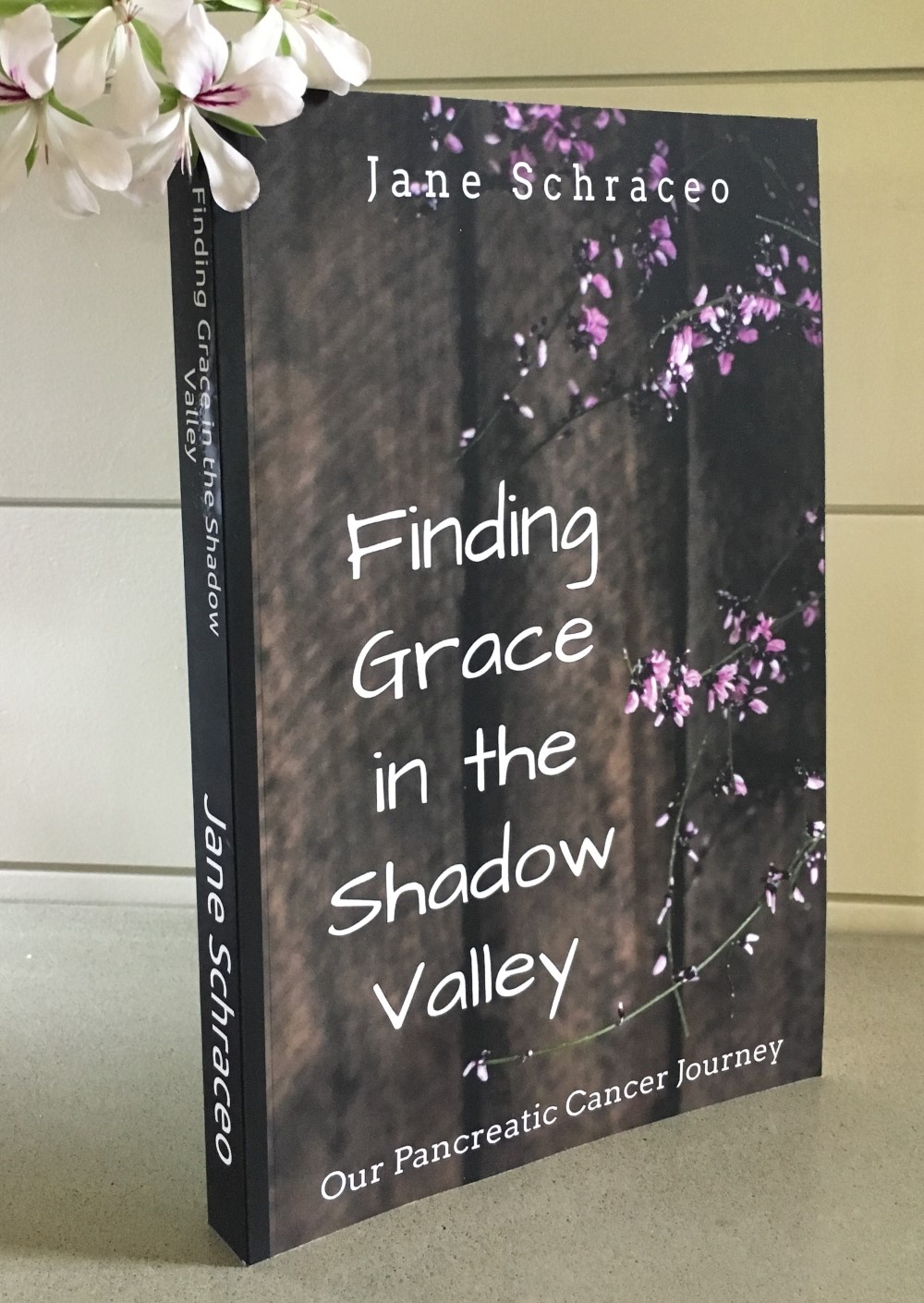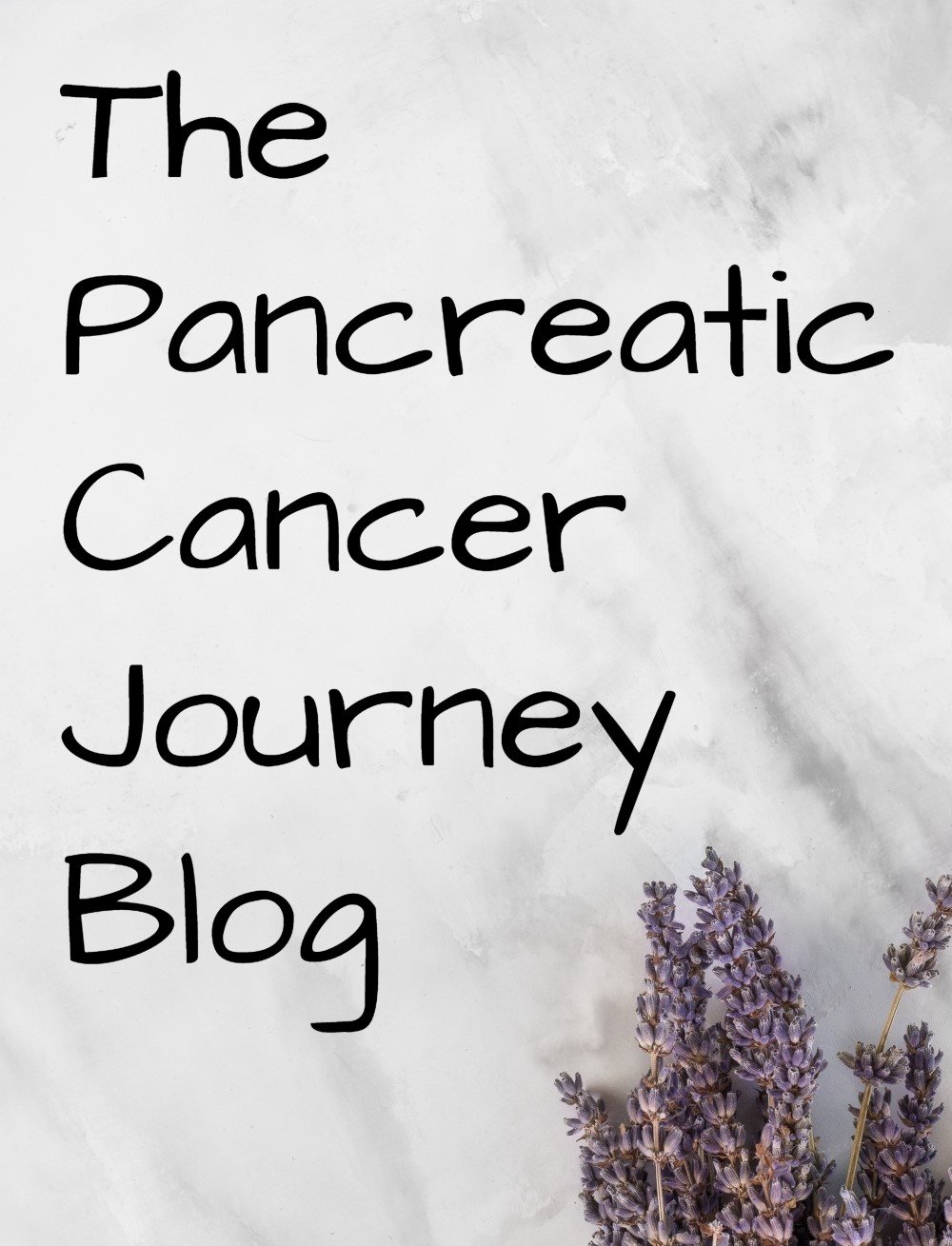Pancreatic Neuroendocrine Tumors
Pancreatic Neuroendocrine Tumors. It's just a Big, Fancy Word for an Ugly Reality. So let's just say it like it is. Cancer. It's not nice, it's not good, but you're not alone.
As far as we're concerned, pancreatic cancer is pancreatic cancer, whether it's an adenocarcinoma or a neuroendocrine tumor. Both are serious. Both bring a load of misery. Both need to be acknowledged for what they are. Cancer.
However, they are two different kinds of cancer in the same pancreas. Mom has pancreatic adenocarcinoma. It's the most common, affecting roughly 95% of the pancreatic cancer patients.Pancreatic Neuroendocrine tumors, on the other hand, are more rare and only affect about 5% of the pancreatic cancer patients.
Because we don't have first hand knowledge with this kind of pancreatic cancer, I won't be spending a lot of time on it. But I do feel it is necessary to explore this diagnosis for all who may be searching for answers. After all, pancreatic cancer patients are a select club, what happens to you, happens to us. We all share in the grief and the fight.
So, here's the scoop:
Pancreatic Neuroendocrine Tumors – can also be called an islet cell tumor. They account for less than 5% of pancreatic cancers. They are generally slower growing and less aggressive. The tumors form in the hormone-producing cells of the pancreas. The over-all five-year survival rate is 42%. The average life expectancy after diagnosis is 23 months. Treatment is somewhat limited. There is not a standard of treatment for these tumors. Surgery is most common, followed by chemotherapy, radiation and/or hormonal therapy.
There is a new targeted therapy that has just been approved by the FDA to treat advanced pn tumors. It is a drug called Afinitor (everolimus) and has shown marginal success in clinical trials. Afinitor is designed to attack specific proteins that are necessary for the growth of cancer cells. The most common side effects on this drug were inflammation in the mouth, rash, diarrhea, fatigue, and infections (mostly upper respiratory).
That's it in a nutshell. As I said, we don't have first-hand experience with this form of pancreatic cancer, but an excellent resource on these tumors can be found here.
Regardless of what kind of tumor it is, the pancreatic cancer journey is not easy. As mom said, "This is the fight of my life." She's right.
Join with us and we'll fight together.
Return to What is Pancreatic Cancer
Return to Home Page from Pancreatic Neuroendocrine Tumors
Copyright © PancreaticCancerJourney.com
Nothing on this website should be construed
to constitute medical advice.




